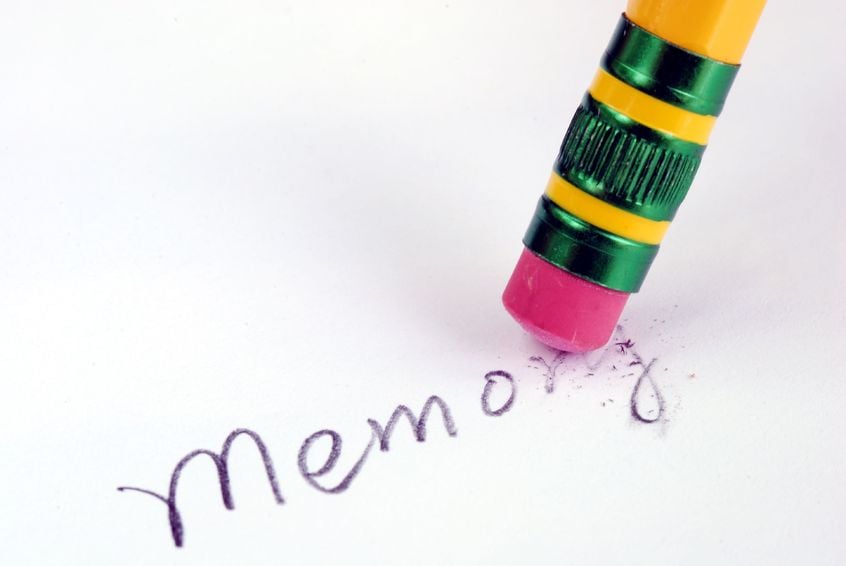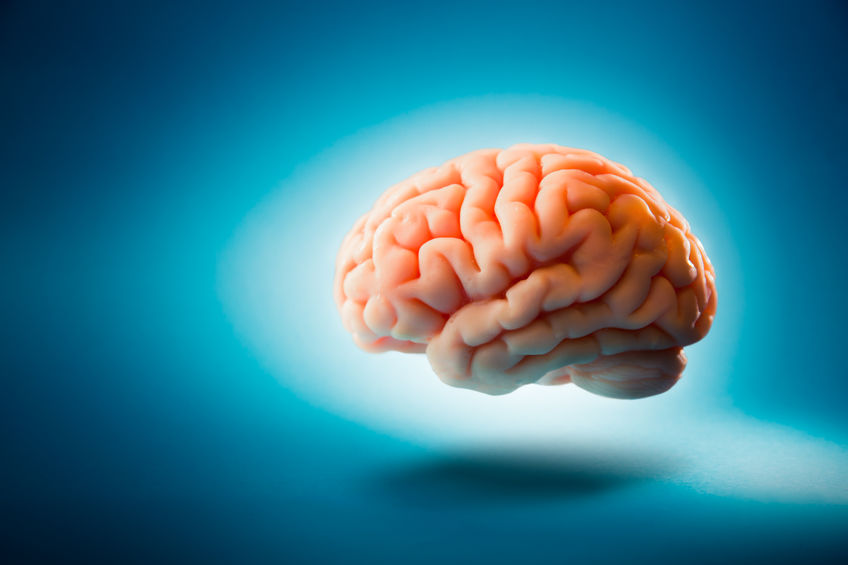Quick – who was named Most Valuable Player in Super Bowl 50? What was the name of your third grade teacher? If you don’t remember, that’s probably not a bad thing. It’s actually quite positive in most instances, because research suggests it could help you make smarter decisions. Here’s some information on why you shouldn’t feel irritated, annoyed, or embarrassed if you have a hard time remembering relatively trivial details.
Your Memory is Your Friend
The brain has been called the body’s computer, but it doesn’t have a built-in hard drive that has seemingly endless memory storage capacity. It’s also not a tape recorder, storing each and every detail of each and every day so that it can be played back on demand. A brain’s memory is great at storing the “meat and potatoes,” if you will, of events that happened many years back.1
But for most of us, this is an extremely good thing, helping to protect us from a lot of the bad experiences we’ve suffered in the past.
In a recent study involving a group of college students, researchers asked them if they could recall the grades they made in various classes back when they were in high school. There was no incentive to lie, the researchers told the participants, because they could easily find out what those grades actually were. The participants actually did a surprisingly good job – on average, they were able to correctly recall about 80 percent of their grades.
What was interesting about the results, however, was that the students did a much better job of remembering the good grades they made, compared to the not-so-good ones. They were also more likely to remember their grades as being better than they actually were, rather than being worse.2
Another study consisted of two groups of adults who listened to a story about a man who won more than $18 million in a lottery drawing. One group heard that the man was not only lazy, but he also complained all of the time. The other group heard a different version of the story – they were told that the lottery worker was an extremely kind man who was also an incredibly hard worker.
Afterward, the participants were asked how much money the man won. The group who heard the positive story said that he had won about $300,000 more than the group who heard the negative story.3
These studies are an indication of how the memory acts as sort of a shield, protecting us from unflattering gossip or bad news. Whenever a person decides to let you know exactly what he or she thinks about you, it’s likely you’ll remember the good things much more vividly than the bad ones. Our happier memories are usually a lot more detailed than the sad ones. As a result, the memory’s picture of what actually happened many years ago will usually be somewhat distorted.
You would think that most people, if given the choice, would permanently eliminate all unpleasant memories from their brain. However, one study indicates that the opposite is true. According to the results, more than 80 percent of survey respondents said they wouldn’t take a medication that could erase bad memories if such a drug existed.4

How the Memory Works
It’s not completely clear just how the memory works, but we do know that there are three ways in which the brain stores information – short-term memory, working memory, and long-term memory.
Short-term memory has a fairly limited storage capacity, as well as an “expiration date” of sorts. In fact, according to a scientific theory that dates back to the 1950s, short-term memory can only store seven pieces of information at a time, such as seven numbers.5
Researchers have since discovered that we’re not necessarily locked into that “seven” number. In fact, depending on the person storing the information, the particular situation and the type of information, our short-term memory storage capacity can vary.
Working memory is somewhat similar to short-term memory. When you’re introduced to someone at a party, their name is stored in your short-term memory. But when you try to remember the name later on that evening, that’s when your working memory takes over. Once you leave and you try to remember a detail about the party, such as how many people were at the gathering, you’ll be using your working memory.
Long-term memory works mainly through repetition. When you get the same messages over and over, that lets you know it’s important. Take, for example, a phone call from the same number. You might ignore it at first when it comes across your caller ID because it’s unfamiliar. But if you keep getting a call from that same number every day for a week, there’s a very good chance it will eventually find a place in your long-term memory.
Forgetting Trivialities is Good
Canadian researchers found that the brain helps us adapt to new situations by replacing old memories with new ones. If the brain were to constantly bring up memories that conflict with one another, that could make it incredibly difficult just to be able to handle basic, day-to-day tasks. And it would definitely play havoc with our ability to make good decisions.6
According to the researchers, instead of being preoccupied with remembering all of the details of events that occurred several years ago, the brain helps us prioritize important things that are happening at the current time. While it won’t completely erase our memories, it helps us gain perspective from past events so we can apply our experiences to new situations. You might be a trivia master and know all kinds of irrelevant facts. But that’s not what your brain is designed to do. Your brain is actually better off forgetting trivialities so that you can make the best possible decisions.

The Takeaway
It can definitely be annoying to forget the name of someone you were introduced to 15 minutes ago, or to walk out the front door without your car keys. If this happens a lot, of course, then you’ll need to talk to your doctor to see what’s wrong. But if it only happens every once in awhile, don’t worry about it. That’s actually an indication that your brain is working properly.
In fact, having a bad memory can often help enhance your wellbeing and help preserve your self-esteem. Try to keep that in mind the next time you can’t remember where you put the remote control.
7 Natural Remedies For Reducing Muscle Pain
Type-2 Diabetes Prevention: 7 Steps You Can Take to Avoid it
Sources:
1.http://theconversation.com/remember-a-bad-memory-is-actually-good-for-you-55721
2.http://journals.sagepub.com/doi/abs/10.1111/j.1467-9280.1996.tb00372.x
3.https://davidenko.sites.ucsc.edu/wp-content/uploads/sites/210/2015/06/Callan_2009_Journal-of-Experimental-Social-Psychology.pdf
4.https://www.researchgate.net/publication/227710262_Attitudes_About_Memory_Dampening_Drugs_Depend_on_Context_and_Country
5.http://www.musanim.com/miller1956/
6.https://www.utoronto.ca/news/why-forgetting-really-important-memory-u-t-research

In vain the net is spread in the sight of the bird.
Very instructive and excellent bodily structure of subject material, now that’s user pleasant (:.
I’m now not positive the place you’re getting your information, however great
topic. I must spend some time studying more or working out more.
Thank you for wonderful information I used to be looking for this information for
my mission. asmr 0mniartist
I blog often and I genuinely thank you for your information. Your article
has truly peaked my interest. I am going to book mark your website and keep
checking for new information about once per
week. I subscribed to your RSS feed as well. 0mniartist asmr
If you wish for to increase your know-how simply keep visiting this
website and be updated with the latest news posted here.
0mniartist asmr
Hi, i read your blog occasionally and i own a similar one and i was just curious if you get a lot of spam responses?
If so how do you stop it, any plugin or anything you can recommend?
I get so much lately it’s driving me insane so any assistance is very much appreciated.
0mniartist asmr